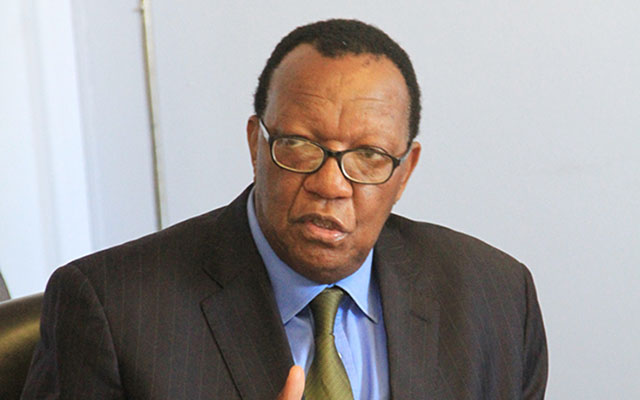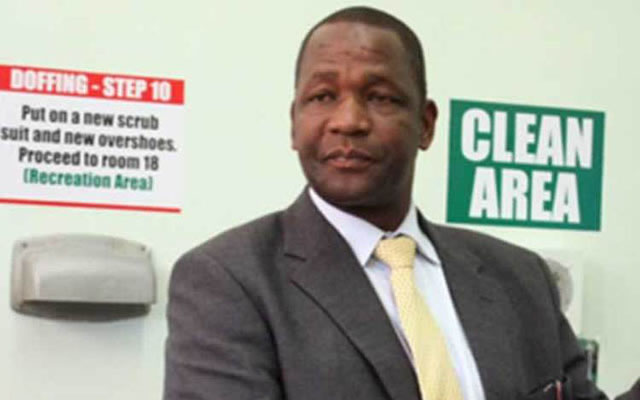Govt deploys teams in human trafficking fight

Crime Reporter
GOVERNMENT will deploy labour inspectors and social workers across the country to examine suspected exploitative working conditions that are linked to human trafficking. Speaking at a data collection training and roll out of Trafficking in Persons Task Forces workshop in Harare yesterday, the Permanent Secretary for Home Affairs, Mr Melusi Matshiya, challenged the inspectors to be more vigilant as they inspect factories, farms and all general workplaces.
“Human trafficking is a scourge that knows no boundary, every country the world over is affected by this heinous crime. As a country we are affected as either, the source or transit destination for victims of trafficking.
“This training workshop comes after the country has been woken up by some real testimonies of rescued Zimbabwean victims who had been repatriated from Kuwait, Saudi Arabia among other countries. These victims went through inhuman treatment at the hands of the traffickers,” he said. Mr Matshiya said lack of information and statistics had made it difficult to curb some of the human trafficking cases.
“Although the UN Protocol’s definition of ‘trafficking in persons’ is detailed, in popular parlance, the emphasis is placed on the acts of buying and selling victims, rather than their exploitation. There are misconceptions because victims are usually blamed and accused of being responsible for getting themselves in exploitative situation they find themselves in,” he said.
He said social workers and labour inspectors had a major role to play and their duties involve interaction with people and at times the most vulnerable who were more susceptible to human trafficking owing to their social status or background. “As labour inspectors, you are requested to be more vigilant as you go about your inspection duties in factories, farms and all general workplaces. Suspected exploitative working conditions need to be closely examined for possible link to human trafficking.
“Take time during your inspection to interact with the workers and to at least have an appreciation of how they were recruited, their living and working conditions as these can be good indicators of human trafficking,” Mr Matshiya said. He said there was also need to thoroughly investigate and examine cases brought to their attention and they should be first line responders to human trafficking within the communities.
He said it was his hope that the workshop, which was organised by the United Nations Office on Drugs and Crime (UNODC), will equip them with the relevant skills to detect victims and potential victims of trafficking and go further to capture such data. In April this year, over 200 people who were victims of human trafficking in Kuwait and Saudi Arabia were repatriated.
Most of the victims were women who were trafficked to the two Middle Eastern countries on the promise of better paying jobs, but ended up being forced to engage in prostitution and slave labour.







Comments